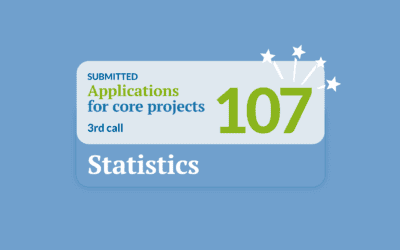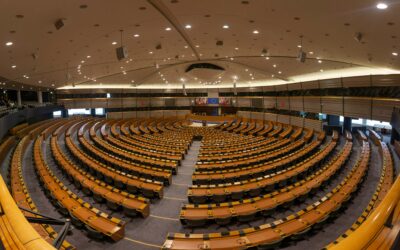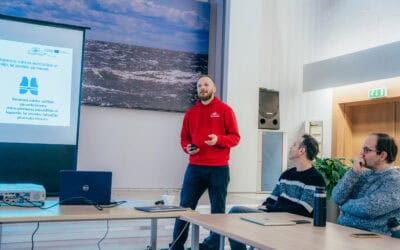The uptake of digital solutions both in the public and private sectors is the key to boost innovation and remain competitive. The Interreg project DIGINNO helped small and medium sized enterprises (SMEs), industry associations and policy makers speed up the Baltic Sea region’s transition to a single digital market.
Tackling the challenges of digital transformation
The digital economy and a digital single market are the drivers of innovation, competitiveness, and growth. Countries across the Baltic Sea region are frontrunners in many aspects of the digital economy. Yet, they are still facing several challenges in the digital area. Both public and private sectors are struggling with digitalisation; for example, they lack awareness, a collaborative network for knowledge sharing, and Information and Communications Technology (ICT) specialists.
The project DIGINNO focused on three aspects of the challenge: promoting ICT uptake in the business sector, developing digital public services, and facilitating digital single market policy discussions at the regional level.
 Reet Reismaa at “Digital Future of the BSR” Conference, ©Royal Experience.
Reet Reismaa at “Digital Future of the BSR” Conference, ©Royal Experience.
Reet Reismaa, project manager of the Interreg project DIGINNO, explains how those challenges were tackled: “during the project, we fostered the digitalisation through strengthening the macro-regional knowledge base (e.g. benchmarking, information sharing, studies), exchanging of experience and peer-to-peer learning, designing and piloting transnational digital solutions and conducting policy and regulatory dialogue.”
 Glaston Siru App from Finland, ©Glaston.net.
Glaston Siru App from Finland, ©Glaston.net.
How cross-borders cooperation advanced digitalisation in the region
Several ministries and information technology associations from Estonia, Denmark, Latvia, Lithuania, Finland, and Poland came together to tackle the challenges of digitalisation in the region with smart solutions: the development of a Baltic Sea region digitisation policy network; description of four government to business (G2B) cross-border service showcase models; development of an online SME self-assessment toolkit.
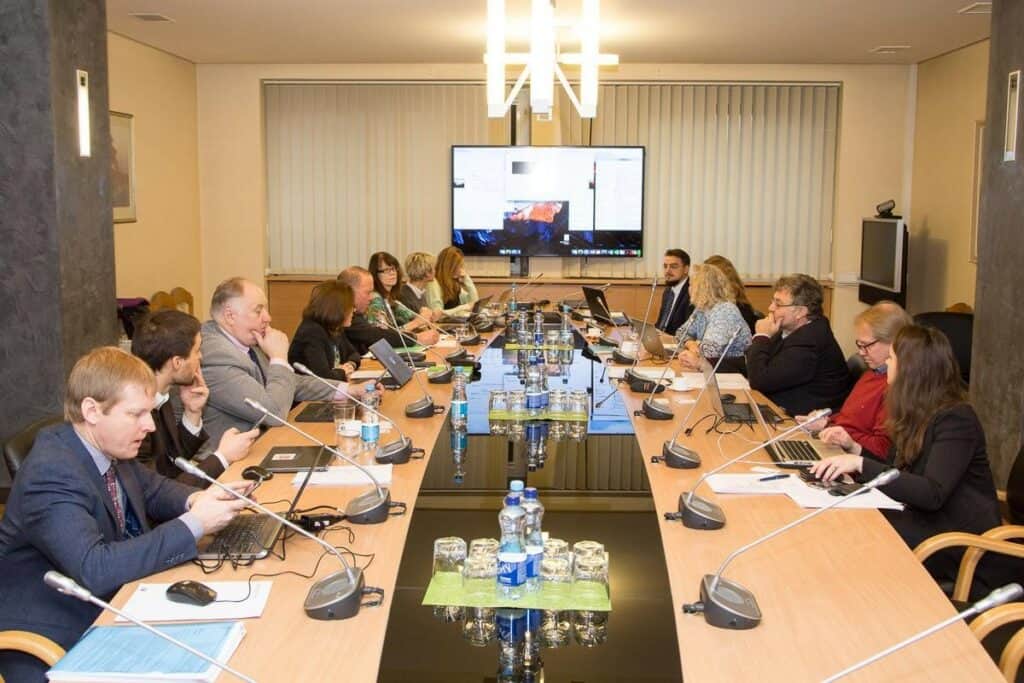 DIGINNO BSR Meeting in Vilnius, ©Project’s private collection.
DIGINNO BSR Meeting in Vilnius, ©Project’s private collection.
The most important outcome of the DIGINNO project is the development of a Baltic Sea region digitisation policy network. Via informal discussions, conferences and workshops, the digital network has been a critical platform for joint learning on digitalisation challenges as well as the development and exchange of ideas for transnational solutions from government to business. For example, the real-time economy flagship of Policy Area Innovation of the EU Strategy for the Baltic Sea Region (EUSBSR PA INNO) project was prepared. It aims to replace paper-based business and administrative transactions with automated and safe data exchange.
Project partners have also developed an online SME self-assessment toolkit. The toolkit provides guidance to SMEs on what they need to consider when deciding to digitise their operational processes. About 200 SMEs have been able to use the toolkit before the end of the project by filling in their company’s details and measuring digital maturity across ten business dimensions. As a result of the assessment, SMEs can understand where the company stands compared to others, receive recommendations about the next steps towards digitalisation, and get inspiration on how to start an internal discussion on digitalisation.
In addition to the dissemination of the toolkit, altogether 93 events were organised during the whole project. From bigger events like the conferences about digitalisation of industry to study visits to Finland and Germany fostered the policy network and SMEs to get new contacts and practical ideas.
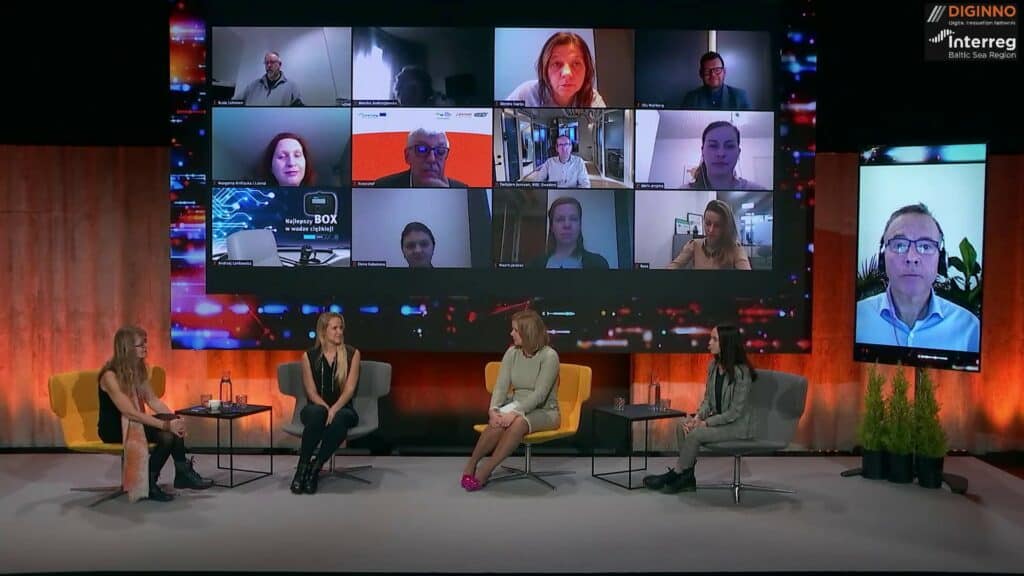 “Digital Future of the BSR?” Conference, ©Royal Experience.
“Digital Future of the BSR?” Conference, ©Royal Experience.
Doris Põld, CEO of ITL Estonia and lead of Interreg project DIGINNO, believes that the project has a substantial impact on the Baltic Sea region community: “BSR Industry 4.0 community has an important role in fostering the uptake of digital solutions by industrial SMEs and in prioritising the topic on the policy level. DIGINNO output is that Industry 4.0 communities across the Baltic Sea Region know each other and have a joint contact list to continue communication. Players from all sectors now have a better understanding of each-others challenges and finding common solutions is much easier.”
 Doris Põld on the right at DIGINNO Meeting, ©Project’s private collection.
Doris Põld on the right at DIGINNO Meeting, ©Project’s private collection.
After three years, the DIGINNO project has ended, but its partners claim that this is not the end of digital collaboration in the Baltic Sea region. Project partners, as well as other public and private actors in the region, can use the DIGINNO network to recruit collaboration partners for future transnational projects dealing with digitalisation and digital innovation.
DIGINNO project has also five spin-off projects that will continue to foster cooperation across the Baltic Sea region. They focus on the implementation of innovative ICT tools, cross-border e-services solutions like e-Receipt, and policy recommendations developed by DIGINNO. The spin-off projects are supported by DIGINNO extension project DINNOCAP. Find out more about the spin-off projects by visiting the DINNOCAP website.
Article by Heidi Mülla, DIGINNO BSR Communications Manager




